Emotional Intelligence
There are many buzzwords swarming around and emotional intelligence is one of them. Have you heard of it? Emotional intelligence is how well you can manage your own emotions and the emotions of others. Basically, emotional intelligence, sometimes referred to as emotional quotient or EQ, is the ability to practice self-awareness by tuning into your own feelings and emotions. The key is to do this while also being aware of other people’s perspectives, emotions and feelings. Being able to recognize and manage emotions, even difficult emotions like anger and sadness, showcases an increased EQ. When we notice where we are emotionally, we are able to notice it in others. There’s good news, we can develop our EQ with the desire to grow and learn.
Photo by Caroline Attwood @carolineattwood
Emotional Intelligence Through Self-Awareness
We improve this skill with the willingness to notice how we are feeling, in our minds and in our bodies. As Mark Manson explains in his article, 5 Skills to Help You Develop Emotional Intelligence, “the same way your general intelligence (IQ) is a measurement of your ability to process information and come to sound decisions, your emotional intelligence (EQ) is your ability to process emotions—both others’ and your own—and come to sound decisions.” Therefore, self-examination is an important tool in developing our EQ. By learning how to become self-aware, we are able to pay attention to what we are thinking and feeling. This produces the ability to respond, rather than react, to our own emotions and the emotions of others. Pausing when we feel triggered by something or someone and noticing what is coming up for us by observing our thoughts, allows us to shift to a place of self-awareness. This helps us to cope with the pressures and challenges of life. Another benefit is the positive effect this has on our relationships. Imagine telling your partner or spouse that you need to pause and become aware of how you are feeling before continuing to argue with them. Self-awareness allows us to notice, pause and feel what we need to feel rather than avoid, project or escape by numbing with things or substances.
“Pausing when we feel triggered by something or someone and noticing what is coming up for us by observing our thoughts, allows us to shift to a place of self-awareness.”
Photo by Christin Hume @christinhumephoto
Emotions of Others
Fostering self-awareness allows us the capacity to tune into the emotions others are feeling and adapt our responses accordingly. This is a key ingredient to having strong EQ. When we are able to manage our own emotions, we can then begin to see what others are experiencing and not make it about us. Validating how someone is feeling instead of trying to fix, help or change their experience creates a sense of safety and trust in the relationship. Saying, “I see you and I am here for you” opens the door for connection and belonging. Paying attention to body language, tone, facial expressions and words coming from another and truly seeing them as they are is empathy. Empathy is another important tool of EQ.
“Saying, “I see you and I am here for you” opens the door for connection and belonging.”
Photo by Alexis Brown @alexisrbrown
Cultivating Emotional Intelligence
Now that you know what emotional intelligence is, how do you grow your own? As I mentioned earlier, we are able to hone and strengthen our own EQ. Here are some ways to do that:
- Self-awareness: Start to welcome and get to know your emotions. There are no “bad” emotions. Try not to create polarities with your emotions by labeling them bad or good, they are what they are. Practice acceptance. You can do this by integrating mindfulness through meditation and observing your thoughts. Another way is by seeing a therapist so you can get to know yourself better and hear your own thoughts out loud with a safe space to process emotions that come up.
- Empathy: Understanding and being sensitive to the feelings and experiences of others. Practice recognizing and considering other people’s feelings, especially when making decisions. By accepting others as they are, we are able to build stronger relationships.
- Non-judgmental: Being kind to oneself and others is crucial. Assume positive intent. Let go of expectations and do not make assumptions. Increase your integrity by believing that people are doing the best they can.
- Manage stress: Learn how to handle difficult emotions so they do not negatively impact your day. Movement helps release strong emotions that are stuck in our mind and body. Walk, run, dance, hike, swim or play to move emotions in a healthy way.
These tools take practice. Start where you are and talk to a friend or partner about emotional intelligence. Our relationships help us learn and grow if we allow them to. Feel free to leave a comment below if you have tools that help you enhance your EQ.
Cover photo by Alex Holyoake @stairhopper



